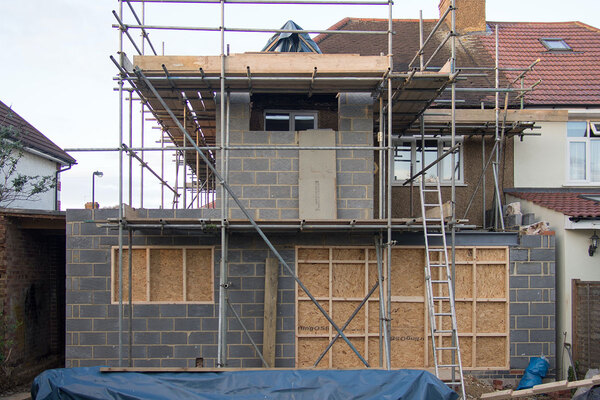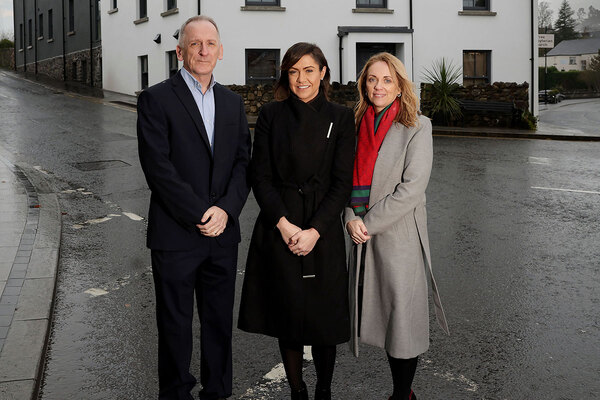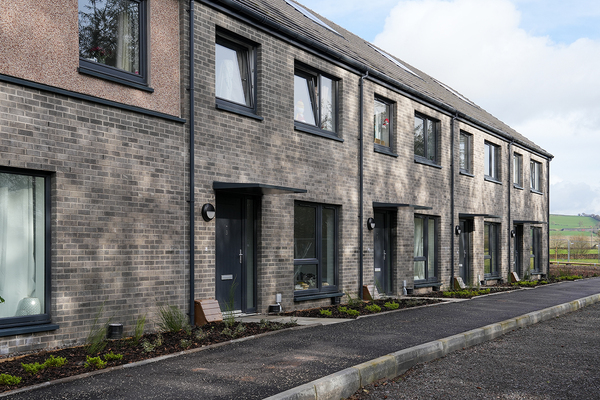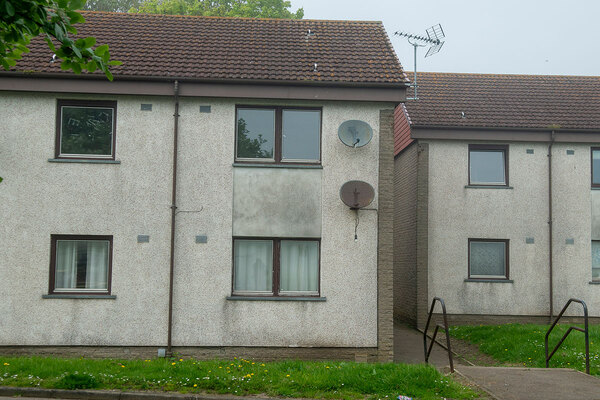You are viewing 1 of your 1 free articles

Andrew Ryan is planning and environment partner in TLT’s UK-wide team, heading up the Belfast practice
New consultation on Northern Ireland planning procedure – lip service or real improvements?
The current consultation could lead to a more meaningful outcome, but should we be cynical, asks Andrew Ryan
There are few involved in the Northern Ireland development sector that would claim the planning system is in good health. Delays are common and the Department for Infrastructure’s own planning statistics show average processing times remaining stubbornly above target.
Delays create uncertainty, increase costs for developers and stifle investment.
The department has, however, recognised the need for improvements. Under the banner of its ‘planning improvement programme’, it recently issued a consultation on changes to the development management regulations. Is this an encouraging sign or just window dressing?
The Planning (Development Management Regulations (Northern Ireland) 2015 (DMRs) set out key procedural requirements for planning applications. Their application can have significant impacts on the nature and timing of applications and decisions, particularly for larger or more complex proposals.
In response to a 2021 call for evidence, the department’s proposed changes to the DMRs focus on three key areas. These are classes of development, pre-application community consultation and pre-determination hearings. The latter two are of particular interest to the housebuilding sector as the changes to classes of development (local, major or regionally significant) relate mainly to energy development.
Where the ‘major’ threshold for housing (50 homes or two hectares site area) is exceeded, a pre-application community consultation (PACC) must be carried out. The PACC was introduced within the 2015 planning reforms and is an important tool for obtaining feedback from local communities before submission of a major planning application.
Normally the process requires an in-person consultation event, but the benefits of online consultations introduced during the coronavirus pandemic in terms of encouraging public participation were clear.
The current consultation proposes two options. The first is an in-person event along with a website containing further information on the proposal to which comments can be submitted online. The second option is for either an in-person event or an online consultation event with virtual attendance. Both options present opportunities for greater public participation which could lead to a more meaningful outcome to the process.
“Shaving some time of the start and the end of the decision-making process is good, but these will not address some of the fundamental problems with the NI planning system”
Even with the current PACC system, there are often criticisms from local residents that insufficient consultation has taken place, so the potential to improve ‘frontend’ input before final designs for a development are submitted might help to reduce concerns and objections. It may then speed up the overall planning process if the final proposal is more tailored to local concerns.
The final change proposed is significant, but only in relatively rare cases. The Department for Infrastructure has powers under the 2015 Planning Act to call in applications considered by a council. So, even though a residential development applications will always be lodged with the local council, the department can issue an ‘Article 17 direction’, which requires the council to refer the application to the department after an approval (or refusal) is agreed in principle.
The department can then decide to consider the application itself, or hand it back to the council to issue the final decision notice.
Article 17 directions are only issued in certain circumstances, such as where the proposal does not conform with the local development plan, or a significant consultee’s advice is not followed. Even if the department passes the application back, the process takes many months and adds significant delay.
To delay matters further, the council must then carry out a pre-determination hearing (PDH) before it can issue a final decision. Adding further costs and delay to a decision, the prevailing view is that a mandatory PDH is often unnecessary. The consultation therefore proposes that the requirement for a mandatory PDH is removed.
The above changes all sound useful and any reforms to help speed up the planning process are to be welcomed – no doubt many responders will support these changes. That said, in many respects, these changes are merely window dressing. Shaving some time of the start and the end of the decision-making process is good, but these will not address some of the fundamental problems with the NI planning system.
“Even with the current PACC system, there are often criticisms from local residents that insufficient consultation has taken place”
Key causes of delay in planning decisions arise from the speed that consultees respond and lack of capacity within council (or departmental) planning teams, meaning they simply struggle to deal with the workload, particularly for complex larger-scale developments. The real issue with the call-in process is the length of time that the department typically spends deciding whether to hand an application back – this is often well over six months. And if a call-in actually took place, that could well over two years to the process.
The planning process is also dogged by an absence of any cut-off for objections. We have seen on many occasions an application pulled from council planning committee schedules because of a strategically lodged last-minute objection specifically aimed at causing delay.
In reality, it is these issues that need to be addressed, which require root and branch changes to both practice and procedure. The relative tinkering around the edges that the current consultation proposes are going to make little difference without them.
Andrew Ryan, planning and environment partner and head of Belfast practice, TLT
Sign up for our Northern Ireland bulletin
Already have an account? Click here to manage your newsletters












